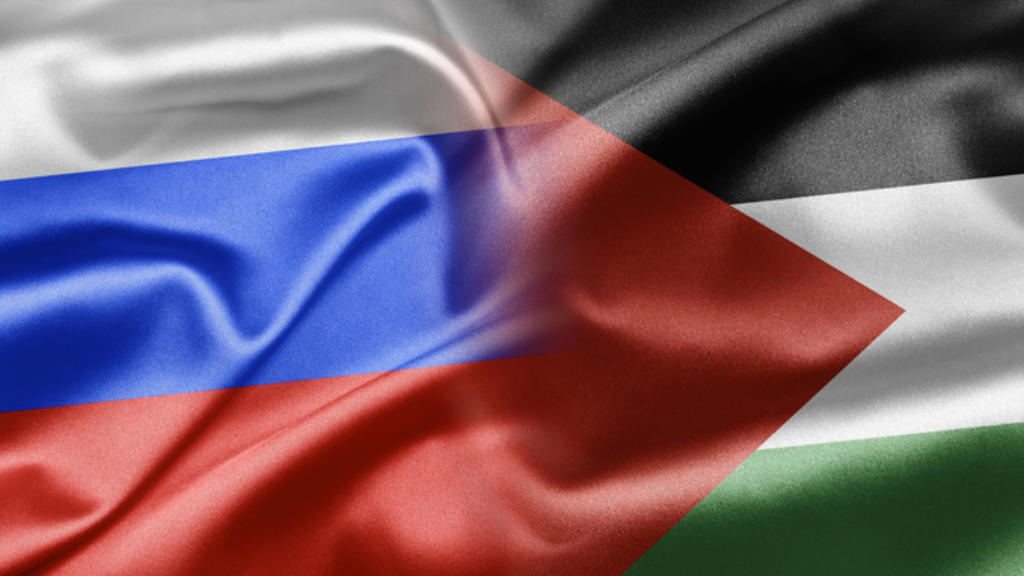Update – August 14: A result of the Putin-Abbas meeting, Palestine has been invited attend October’s annual BRICS heads of state conference, which will be taking place in Kazan. Abbas stated that “A particular format will be organized and will be devoted exclusively to Palestine, so that all BRICS members and other guest attendees can voice their views on the developments that are taking place in this area.”
The Palestinian President, Mahmoud Abbas is visiting Moscow from August 12-14, and is expected to meet with Russian leader Vladimir Putin on August 13 (Tuesday), according to Abdel Hafiz Nofal, the Palestinian Ambassador to Russia. Abbas will also be meeting with various Arabic Ambassadors while in Russia.
According to the ambassador, the main topic of discussion will be the Palestinian-Israeli conflict. Nofal said that “The situation in Gaza will be on the agenda. They will talk about Russia’s role and what can be done. We are in a very difficult situation, and Russia is a country close to us. We need to consult.”
Russia is one of 145 of the 193 member states of the United Nations that recognise Palestine. It has been a non-member observer state of the United Nations General Assembly since November 2012. This limited status is largely due to the fact that the United States, a permanent member of the UN Security Council with veto power, has consistently used its veto or threatened to do so to block Palestine’s full UN membership. Russia supports the complete recognition of the Palestinian state, however Australia, Canada, France, Germany, Italy, Japan, Mexico, South Korea, the United Kingdom, and the United States do not.
Politically, there are motivations for both counties to cooperate, even if it means a reduction of Russia’s diplomatic ties with Israel. This is now tied to placating Russia’s own sizable Muslim population and heading off inter-ethnic and religious violence at home. Abbas visit comes a week after Sergei Shoigu, Russia’s Security Council Chief, visited Tehran for discussions. Sergey Lavrov, Russia’s Foreign Minister, also met with Lebanon’s Foreign Minister, Abdallah Bou Habib in New York on the sidelines of the UN Security Council meeting last month.
Putin and Abbas will almost certainly be touching on related bilateral issues, such as security, aid and humanitarian assistance. Although now this will have dramatically declined, Russia-Palestinian trade levels have always been small given the complexities of doing business with the country and its relative isolation viz-a-viz Israel. However, the two countries have established a joint Russia-Palestine Committee which operates at the Ministerial level. Relations have been described as ‘strong’. Much trade that does exist has been based on humanitarian needs. In 2021, Russia exported products valued at US$37 million to Palestine, being chiefly medical supplies such as vaccines, blood plasma, antisera, toxins, and cultures. Russia also supplies wheat and aluminium. The same year, Palestine exported about US$158,000 worth of produce to Russia, the vast bulk of this being tropical fruits and some leather goods.
The focal point however will remain Israel and Palestine’s humanitarian issues, discussions concerning an end to the conflict, and Palestine’s post-war future – which Russia will want to support.

 Русский
Русский













